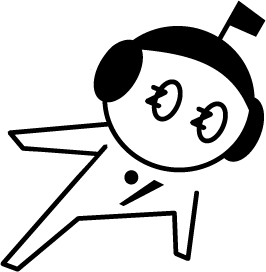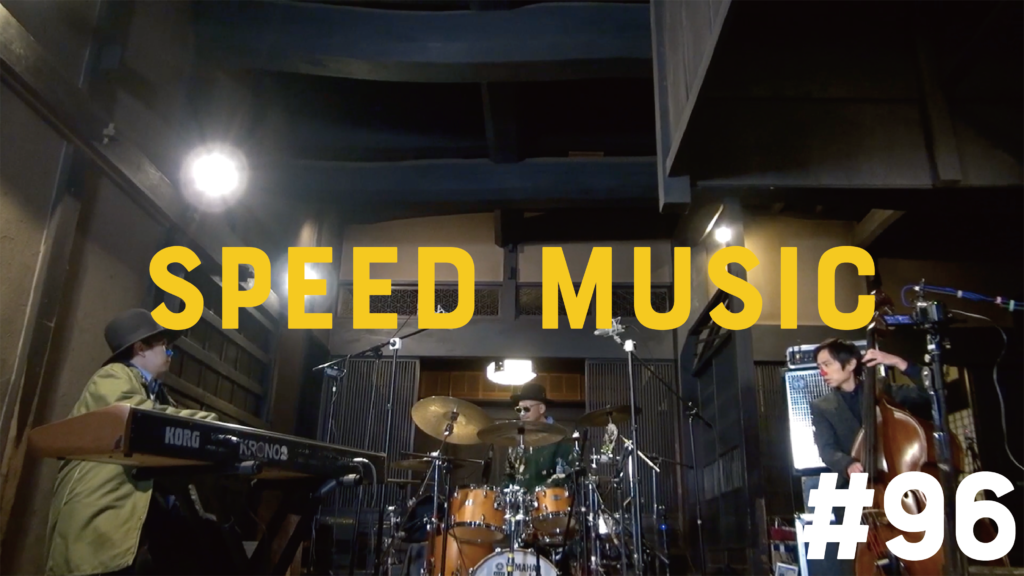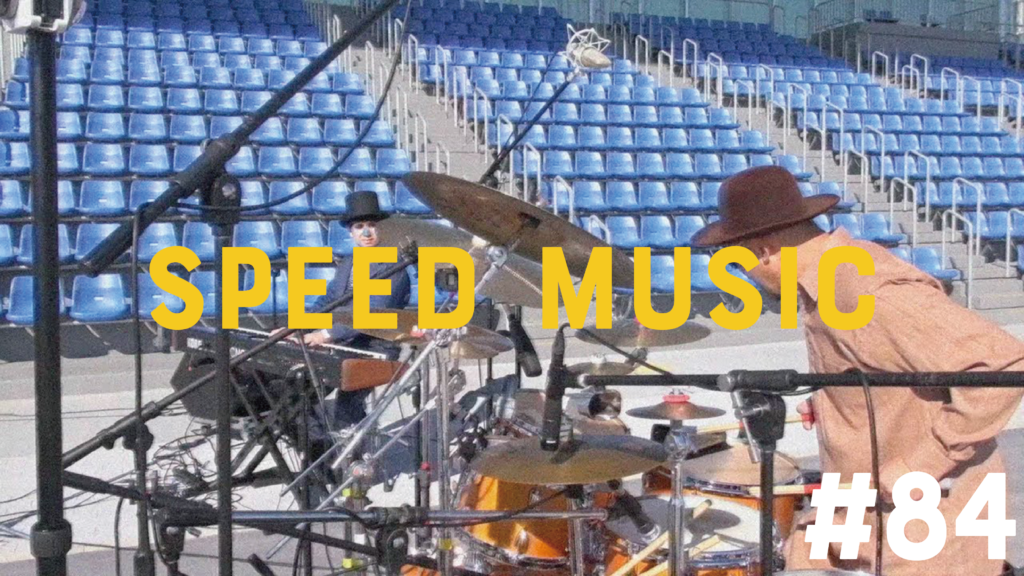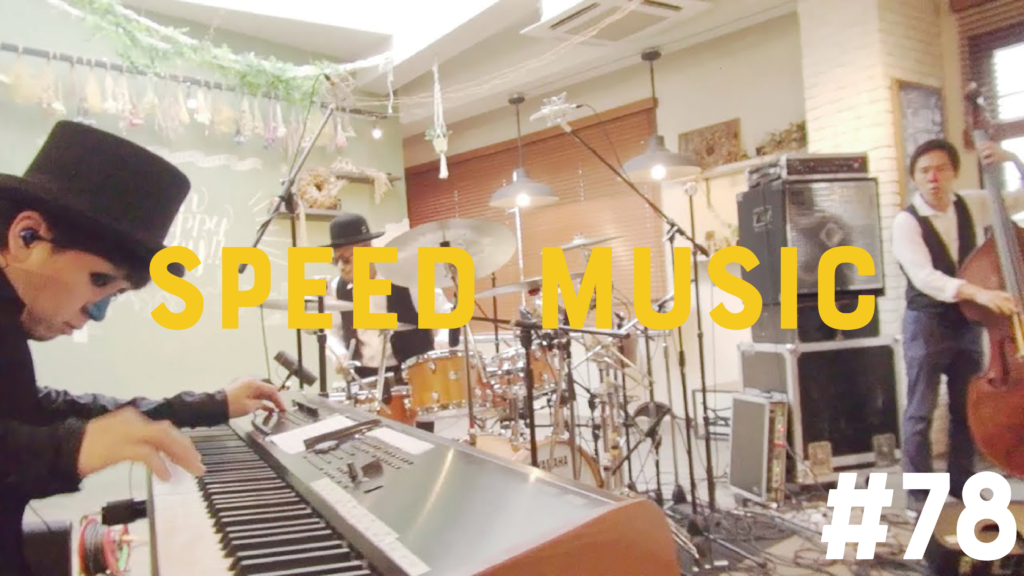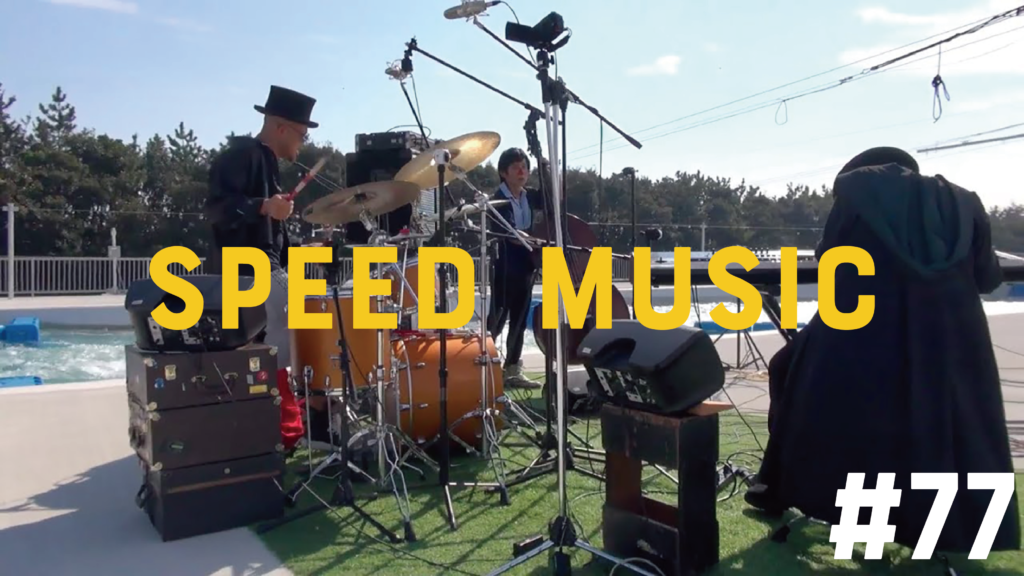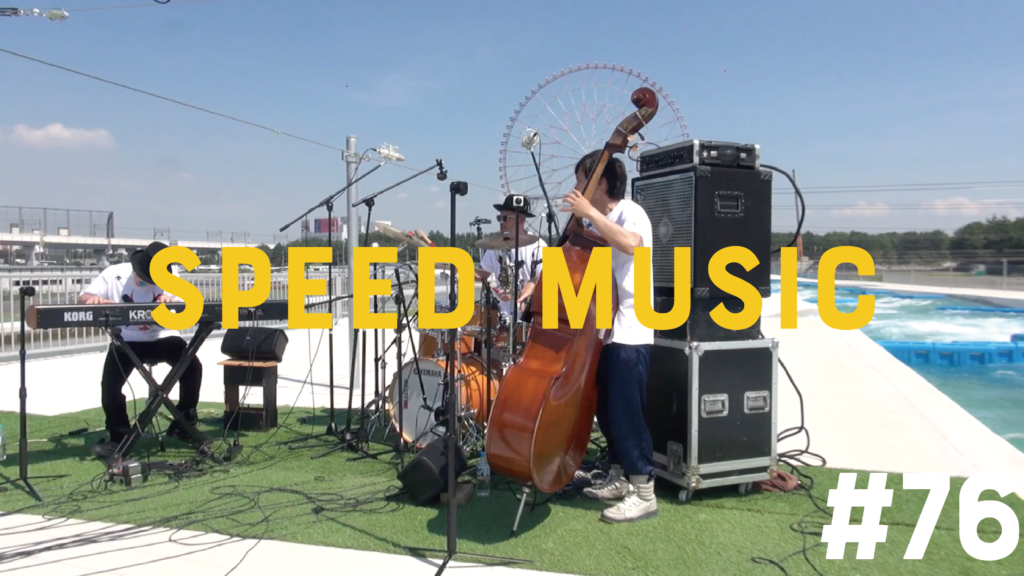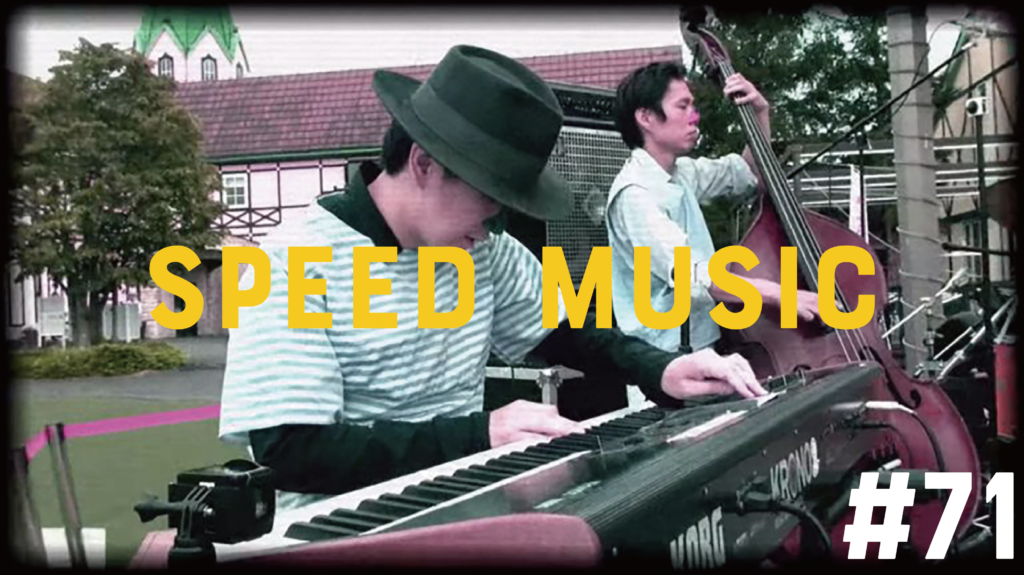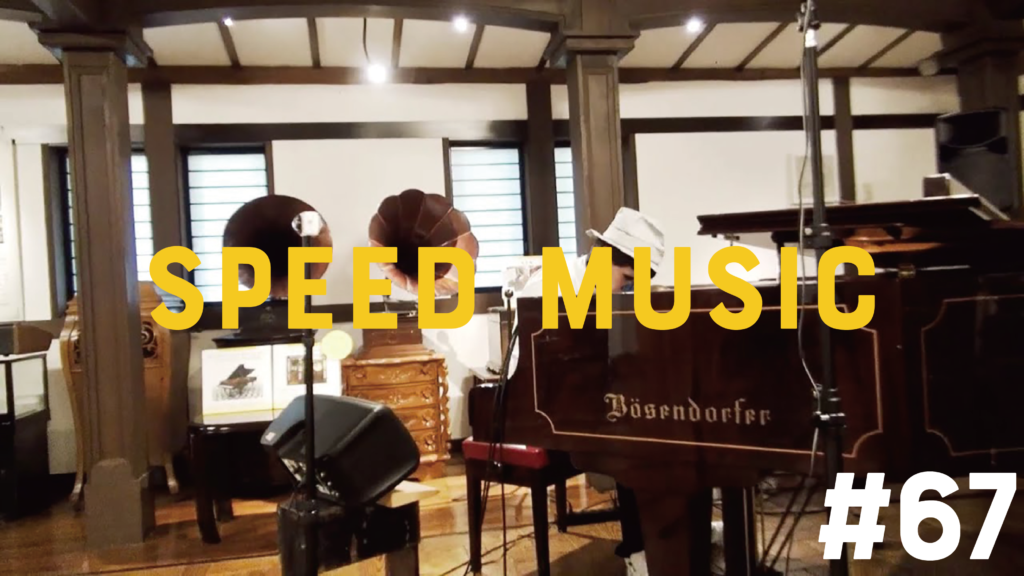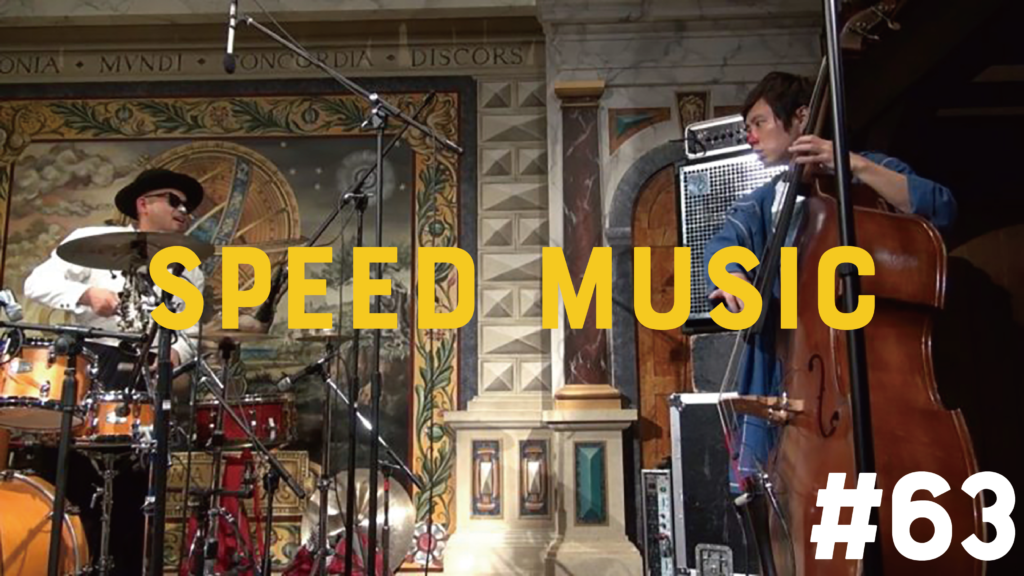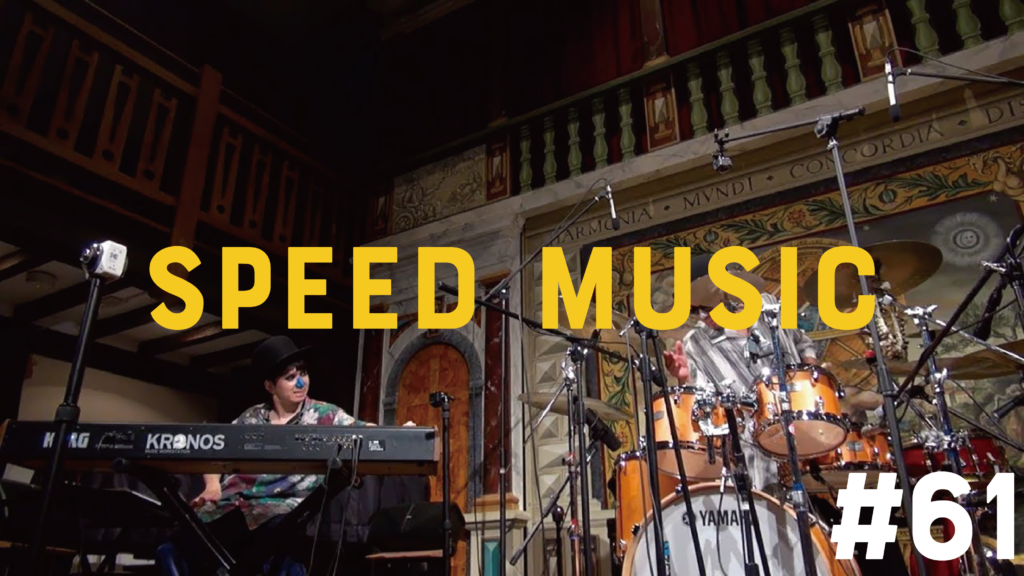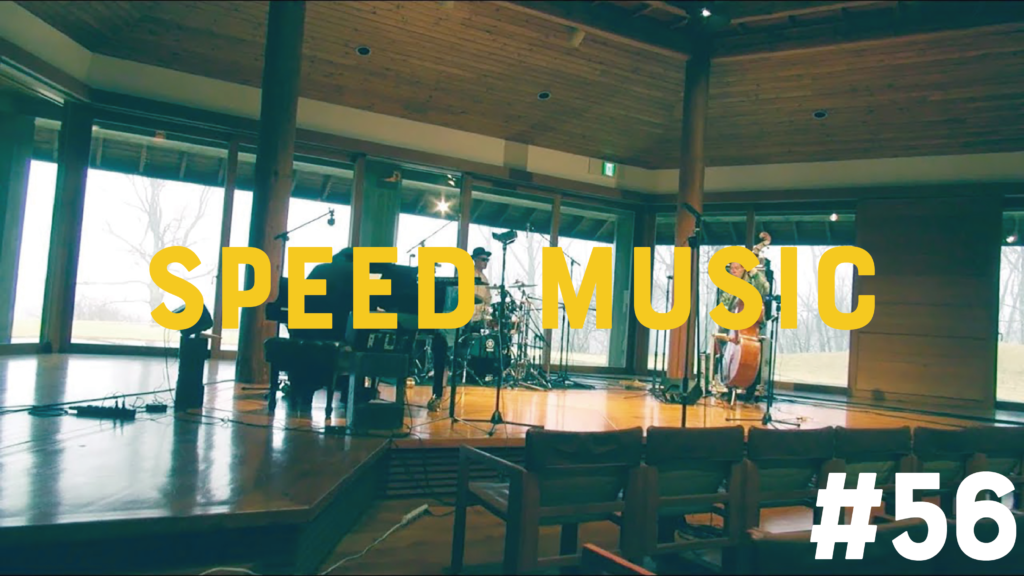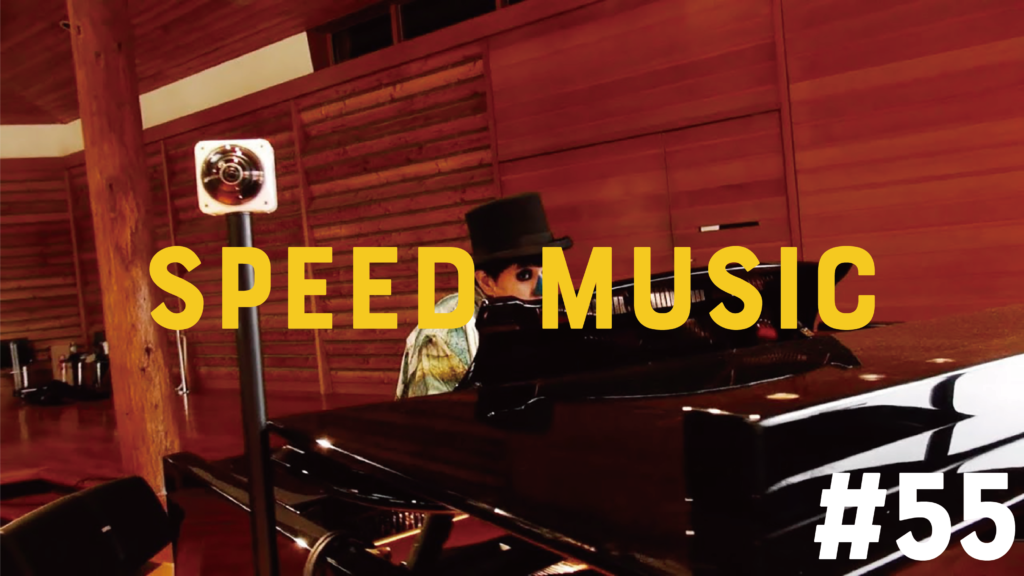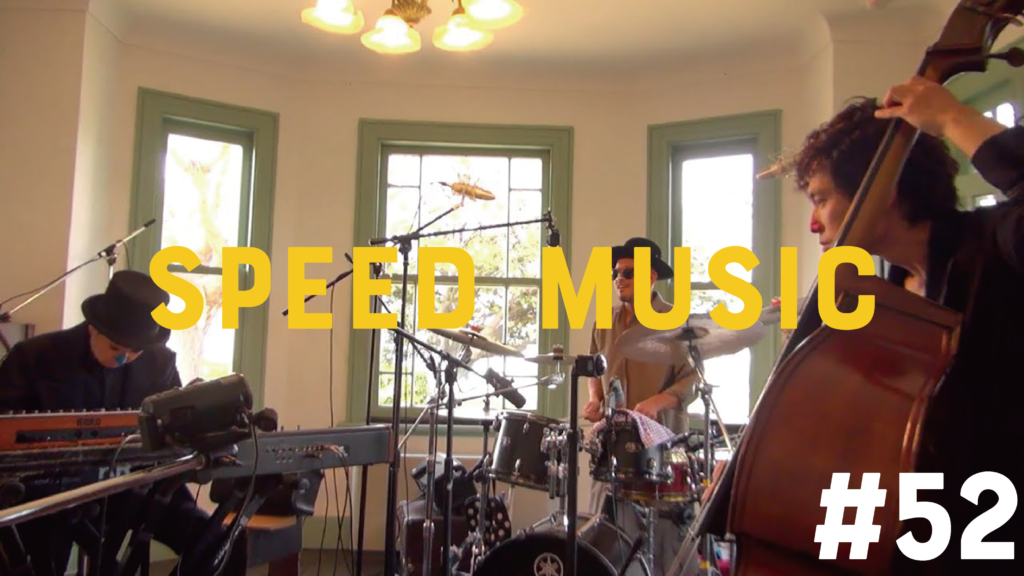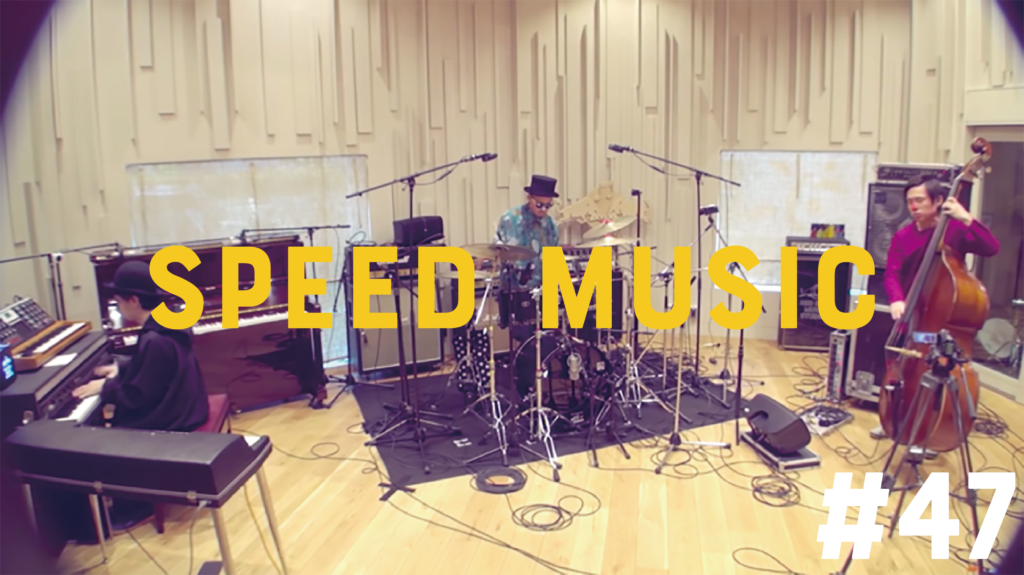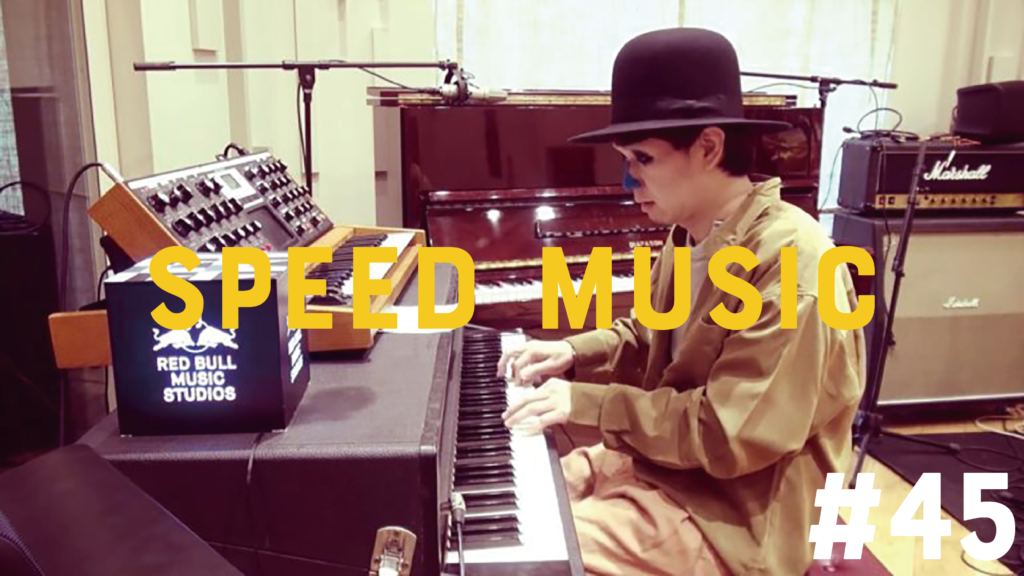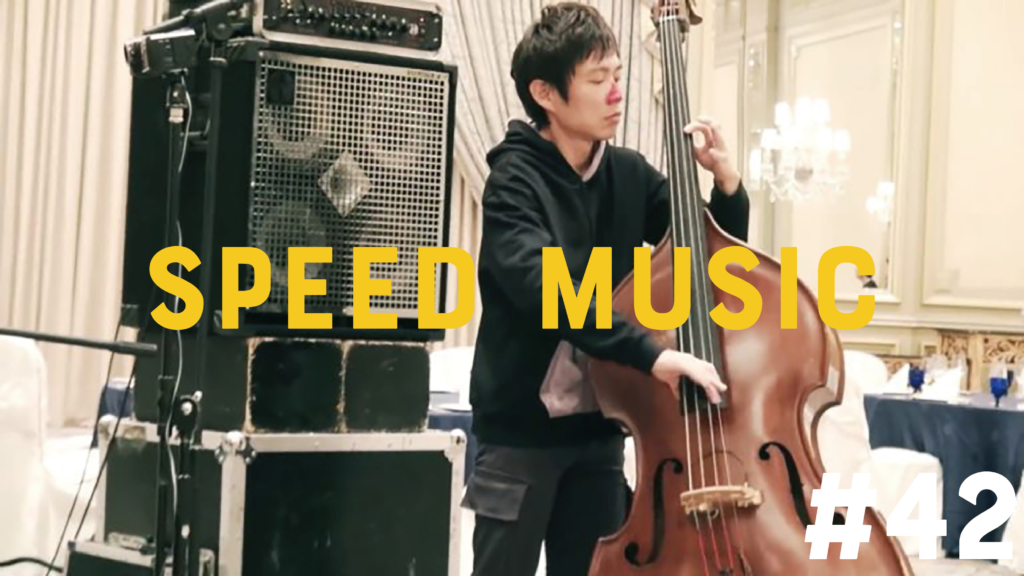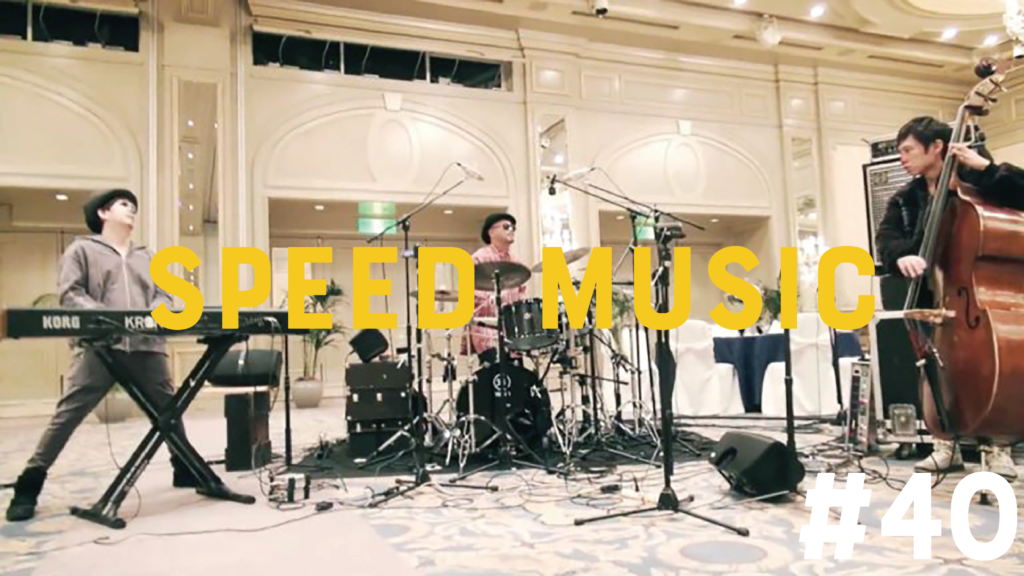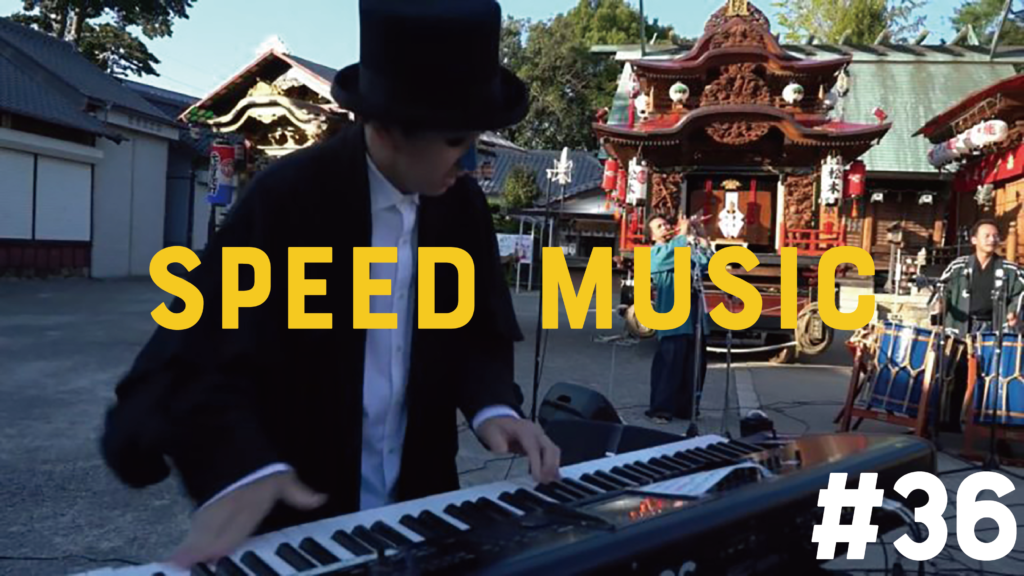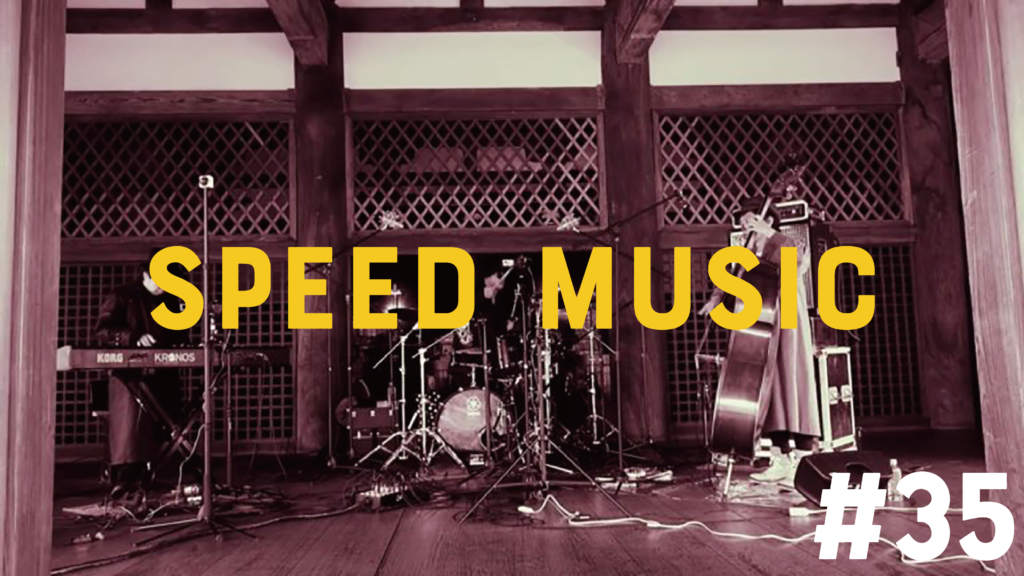#63 淋しい熱帯魚 / Wink by H ZETTRIO
Winkの5枚目のシングル。1989年7月5日にポリスターより発売された。Winkのデビュー30周年である2018年4月27日には、完全限定盤として17cmアナログ・シングルがダブル・ジャケット仕様で再リリースされている。表題曲タイトル中の「淋しい」の読みは、JASRACには「さびしい」で登録されているが、この曲の作詞者である及川眠子によるものは「さみしい」である。及川は自著で、「「さびしい」ではなく「さみしい」が正しいタイトルの読み方。これを濁音にしてしまうと、音に重さが出てしまい、ヒラヒラ、キラキラな Wink のイメージではなくなってしまうので、わざわざ濁らないようにしているんです」と述べている。(フリー百科事典 ウィキペディア日本語版より:https://x.gd/0eZZ8)
Wink's fifth single. Released by Polystar on July 5, 1989. On April 27, 2018, the 30th anniversary of Wink's debut, the 17cm analog single was re-released as a limited edition with a double jacket. The pronunciation of ''lonely'' in the title of the title song is registered ''Sabishii'' in JASRAC, but the reading written by Neko Oikawa, the lyricist of this song, is ''Samishii.'' The correct way to read the title is ''Samishii,'' not ``Sabishii.'' If we make this a dull sound, the sound will become heavy and lose the fluttering, sparkling image of Wink, so we go out of our way to avoid making it muddy."(From the free encyclopedia Wikipedia Japanese version: https://x.gd/0eZZ8)
